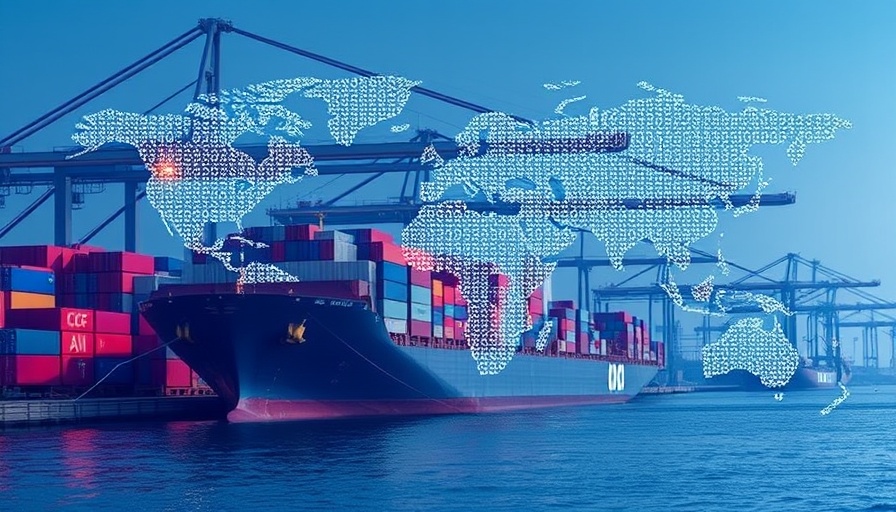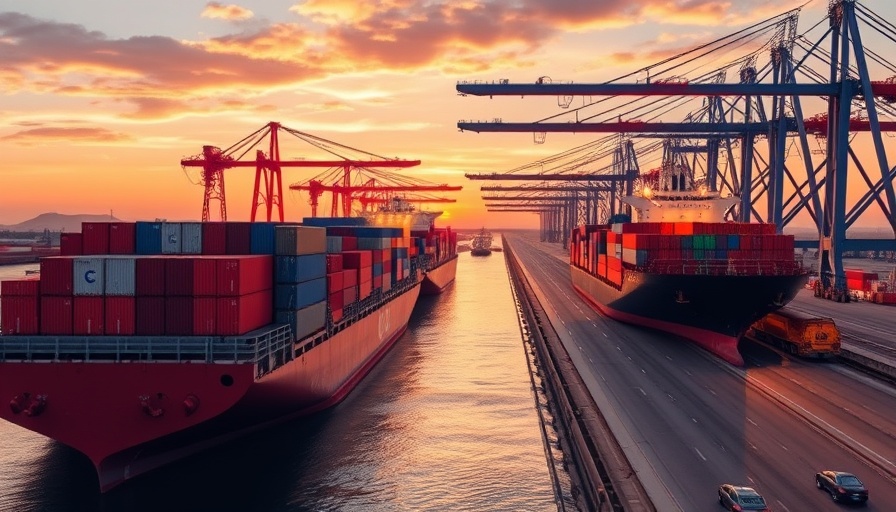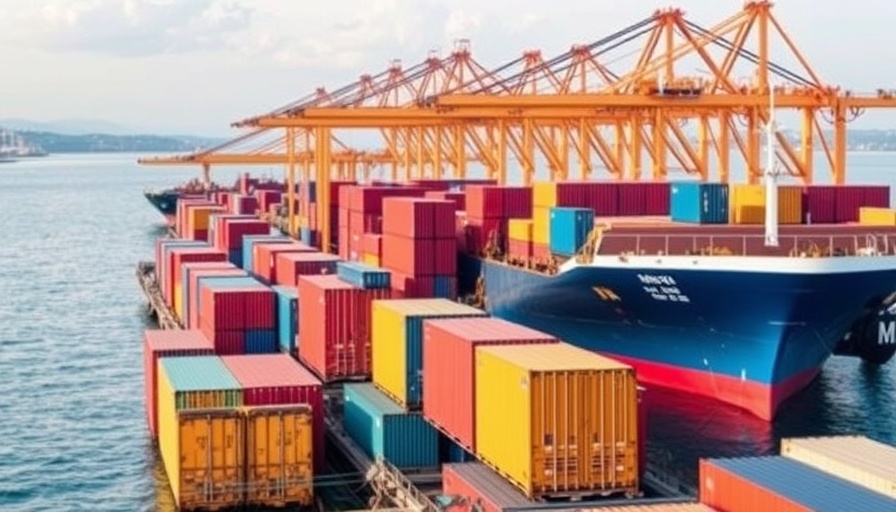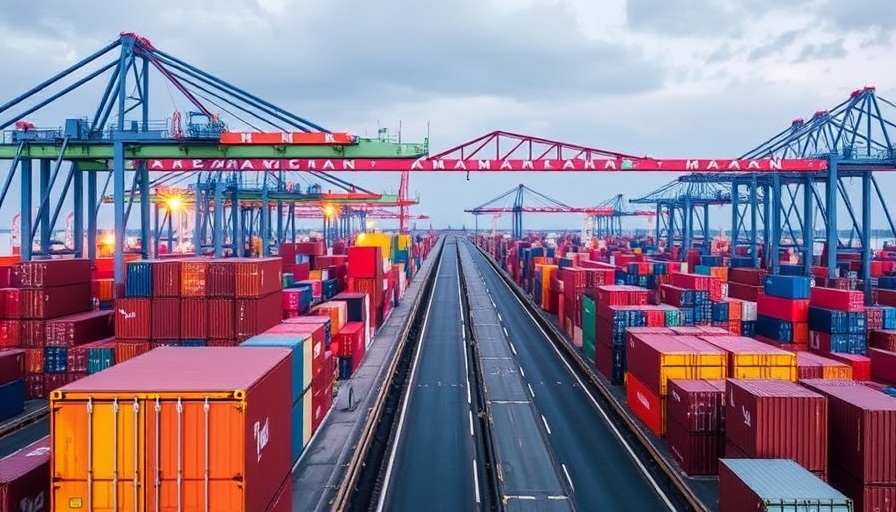
Understanding the Climate of Global Trade Regulations
In an increasingly interconnected world, global trade regulations play a pivotal role in shaping the operational landscape for businesses, particularly in the face of current economic uncertainties. Executives are challenged not only by the shifting parameters of trade policies but also by rising material costs and unpredictable supplier pricing. Navigating these complexities is crucial to sustain and enhance profit margins in 2025 and beyond.
Inflation and Its Impact on Business Strategy
The current economic climate, marked by inflationary pressures, has led to increased costs that threaten the financial health of many businesses. Understanding how to manage rising business costs is essential. By analyzing the impact of inflation on supply chains, executives can better prepare their organizations to withstand price volatility.
Mitigating Risks through Strategic Supplier Management
As businesses grapple with economic disruptions, focusing on finding reliable US suppliers has become crucial. Sourcing domestically can help mitigate the risks of sourcing from China, which may be subject to unpredictable geopolitical tensions. Implementing alternative sourcing strategies such as near-shoring allows companies to maintain flexibility while reducing lead times and managing production delays.
Building a Resilient Business Strategy
To future-proof your business, understanding and adapting to the intricacies of U.S.-China trade policy becomes imperative. Executives must develop a comprehensive strategy that incorporates lessons from economic effects of tariffs which may significantly alter business valuation. A resilient approach includes business cost reduction strategies that account for fluctuating costs and aim to bolster long-term sustainability.
The Importance of Compliance in Global Trade
As regulatory frameworks evolve, remaining compliant is more important than ever. Executives should stay informed about new compliance rules for small businesses. A culture of compliance helps to shield organizations from unexpected penalties and protects their market position amidst changing regulations.
Moreover, understanding how do tariffs affect business valuation can provide insights into financial forecasting. This knowledge not only assists in navigating the current environment but also prepares businesses for future trade disruptions.
Actionable Insights for Executives
Given the complex landscape of global trade, executives are encouraged to draw on the following actionable insights to enhance their strategic planning:
Regularly review supply chain strategies to identify potential points of risk and establish proactive measures.
Invest in technologies that enable better forecasting of cost of goods sold, enhancing decision-making.
Engage in dialogues with suppliers to negotiate terms that can buffer against sudden price increases.
Develop relationships with local regulatory bodies to stay ahead of compliance changes.
With the right strategies in place, businesses can not only navigate the tumultuous waters of global trade but can also thrive in a competitive landscape.
By staying informed and adaptable in the face of change, executives can protect their business from volatility and position it for success in the future. To learn more about effective strategies for managing rising business costs and improving profit margins, subscribe to our newsletter.
 Add Row
Add Row  Add
Add 


Write A Comment